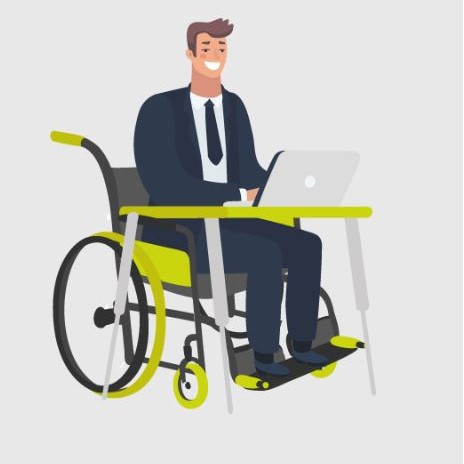To provide the best experiences, we use technologies like cookies to store and/or access device information. Consenting to these technologies will allow us to process data such as browsing behaviour or unique IDs on this site. Not consenting or withdrawing consent, may adversely affect certain features and functions.
The technical storage or access is strictly necessary for the legitimate purpose of enabling the use of a specific service explicitly requested by the subscriber or user, or for the sole purpose of carrying out the transmission of a communication over an electronic communications network.
The technical storage or access is necessary for the legitimate purpose of storing preferences that are not requested by the subscriber or user.
The technical storage or access that is used exclusively for statistical purposes.
The technical storage or access that is used exclusively for anonymous statistical purposes. Without a subpoena, voluntary compliance on the part of your Internet Service Provider, or additional records from a third party, information stored or retrieved for this purpose alone cannot usually be used to identify you.
The technical storage or access is required to create user profiles to send advertising, or to track the user on a website or across several websites for similar marketing purposes.
 Taking time off improves the work performance of freelancers, a new study from IPSE (the Association of Independent Professionals and the Self-Employed) claims. The research suggests that almost two-thirds of freelancers believe taking holiday improves their work performance in some way. Asked what advantages came with taking more time off, 63 percent said it improved aspects of their work including productivity, energy, creativity and confidence in their work. More →
Taking time off improves the work performance of freelancers, a new study from IPSE (the Association of Independent Professionals and the Self-Employed) claims. The research suggests that almost two-thirds of freelancers believe taking holiday improves their work performance in some way. Asked what advantages came with taking more time off, 63 percent said it improved aspects of their work including productivity, energy, creativity and confidence in their work. More →












 With the summer holidays in full swing,
With the summer holidays in full swing, 




 UK employees have the longest working week compared to other workers
UK employees have the longest working week compared to other workers 
 New research from AXA PPP healthcare claims that eight out of ten (82 percent) SME business leaders don’t have a health and wellbeing strategy in place. The same research found two-thirds (24 percent) report experiencing job-related stress or anxiety and just 15 per cent believe their company provides a culture which supports their mental health. The research also claims nearly half (46 percent) of employees working in small and medium sized businesses continue working when they’re feeling unwell and less than a quarter (24 percent) see a GP because they worry about taking time off work. One-fifth (18 percent) feel guilty for taking time away from their desk for lunch and more than a quarter (27 percent) send and receive emails outside of work hours.
New research from AXA PPP healthcare claims that eight out of ten (82 percent) SME business leaders don’t have a health and wellbeing strategy in place. The same research found two-thirds (24 percent) report experiencing job-related stress or anxiety and just 15 per cent believe their company provides a culture which supports their mental health. The research also claims nearly half (46 percent) of employees working in small and medium sized businesses continue working when they’re feeling unwell and less than a quarter (24 percent) see a GP because they worry about taking time off work. One-fifth (18 percent) feel guilty for taking time away from their desk for lunch and more than a quarter (27 percent) send and receive emails outside of work hours.













September 6, 2019
Escaping the hell of hot desking
by Tim Oldman • Comment, Workplace design